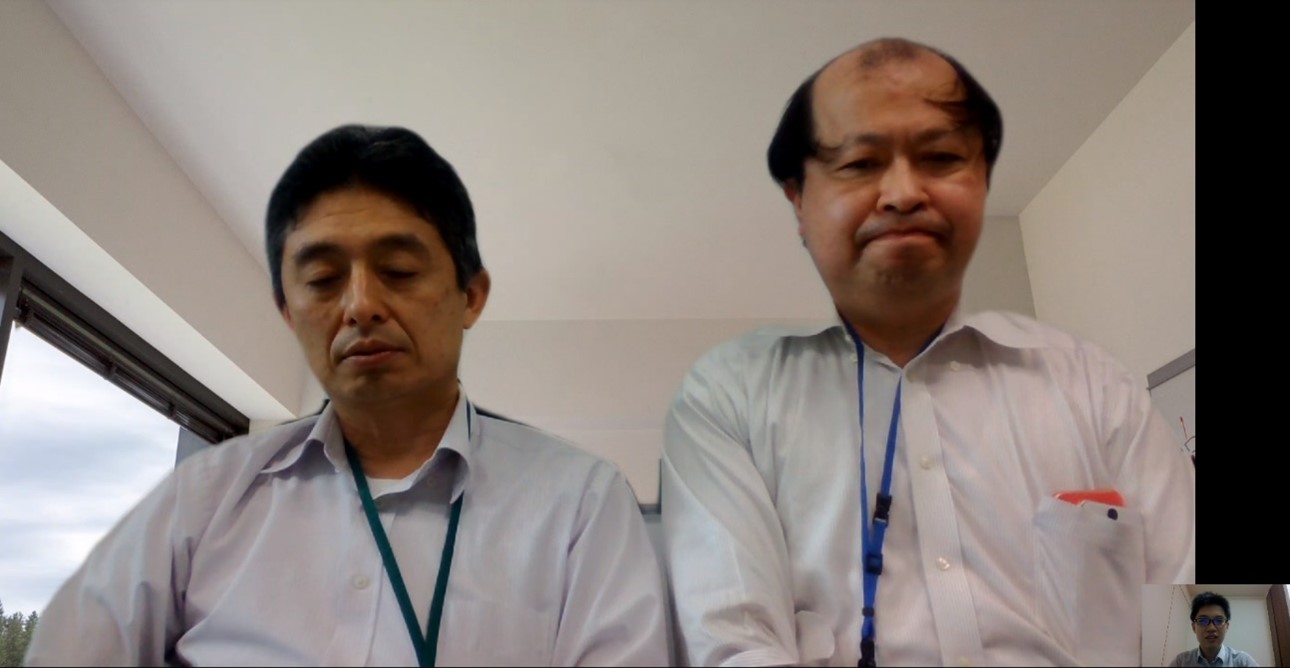For almost 3 years, the NTT Data Institute of Management Consulting, in Japan, has been a key member of the M-Sec consortium. Meet their team and the work behind their involvement in the project, learn more about their role in M-Sec and where will they go next
We spoke with Takeshi Kamise, Parter at the NTT Data Institute of Management Consulting, to know more about the Institute’s role in the M-Sec Project.
1. Takeshi, thank you so much for agreeing with this interview. Please briefly present yourself and the company you work at.
I have been working as a public sector ICT consultant for more than 20 years. We at the NTT Data Institute of Management Consulting, Inc. (NTTDMC) have taken it as our mission to enrich society. In keeping with this mission, we have thus far provided high-value-added knowledge and intelligence to meet diverse wants and needs, through our consulting activities.
2. Why have you and NTTDMC decided to join the M-Sec Project?
Through the development of smart cities that will become widespread in the future, I would like to enrich my knowledge of solving urban issues in Japan and related projects. Our main interest in taking part of the M-Sec Project was our deep understanding of GDPR, privacy law, intellectual property and business model support, which is the goal of this EU and Japanese collaborative project.
3. Can you also present the team that works with you for the M-Sec Project?
Two members participate in addition to me, each with knowledge of personal information law and experience in developing smart cities in other countries.
4. What has been the main role of NTTDMC at the M-Sec Project and have you been able to achieve all you have set for? What were your and your team’s main challenges?
When compared to other similar projects, our task is to consider ways to improve the competitiveness of the M-Sec Project and to implement a system that is in line with the protection of personal information in Japan. Fortunately, we were able to achieve all we have set for. The main challenge for us was to develop ongoing initiatives in the ongoing technology of smart city development.
5. Looking back on what you and your team have done in the scope of the M-Sec Project, what are your main takeaways?
Our main takeaway is that we clarified the difference between GDPR and Japan’s Personal Information Protection Law and developed a model suitable for both rules.
6. With only a few months until the end of the project, on what major developments do you and your team still need to focus? Do you feel confident?
We will continue to uncover the advantages of the M-Sec Project and show that it is valuable to our users. We believe that this is a feasible initiative together with other partners.
7. Did you find this experience of participating in an EU-JP partnership rewarding?
While there are many examples of smart city developments led by the United States, it is valuable to be able to envision a case with the EU, and it will be meaningful for future efforts. Based on this knowledge, we plan to participate in projects in domestic and overseas cities in the smart city development that Japanese companies are advancing.


